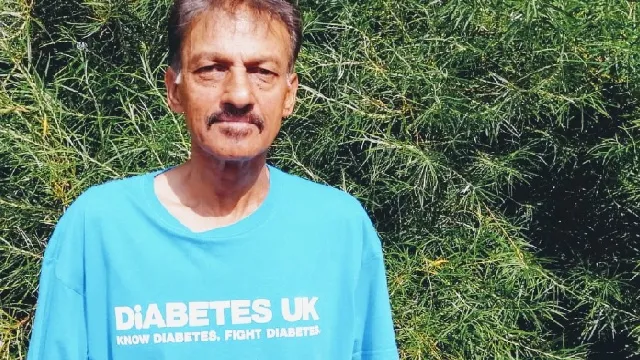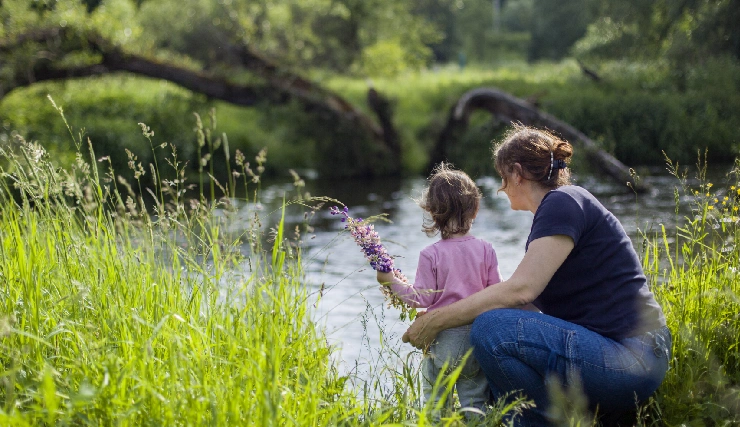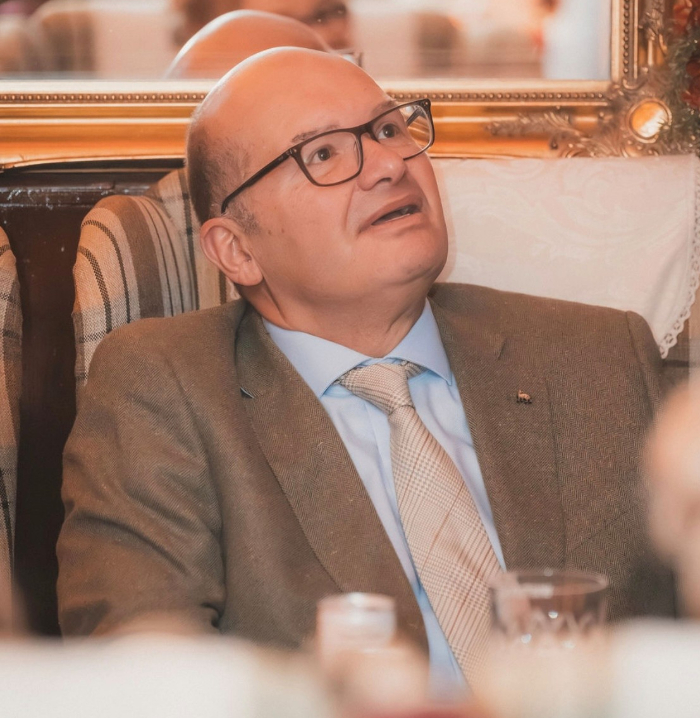
Abdul Rais
Abdul Rais was diagnosed with type 2 diabetes in 1999 at the age of 46
There have been lots of myths about the vaccine in the South Asian community. But I’ve had the vaccine, my 98-year-old dad has had it and we’re both fine – and you will be too. And it means you can make sure you and your family are safe.
Abdul helps clear up myths about diabetes as one of our volunteers. He wants to do the same with the vaccine and has posted short videos in Urdu and English on Facebook. Here he shares his story about looking after his diabetes, getting his first vaccine and life in lockdown.


